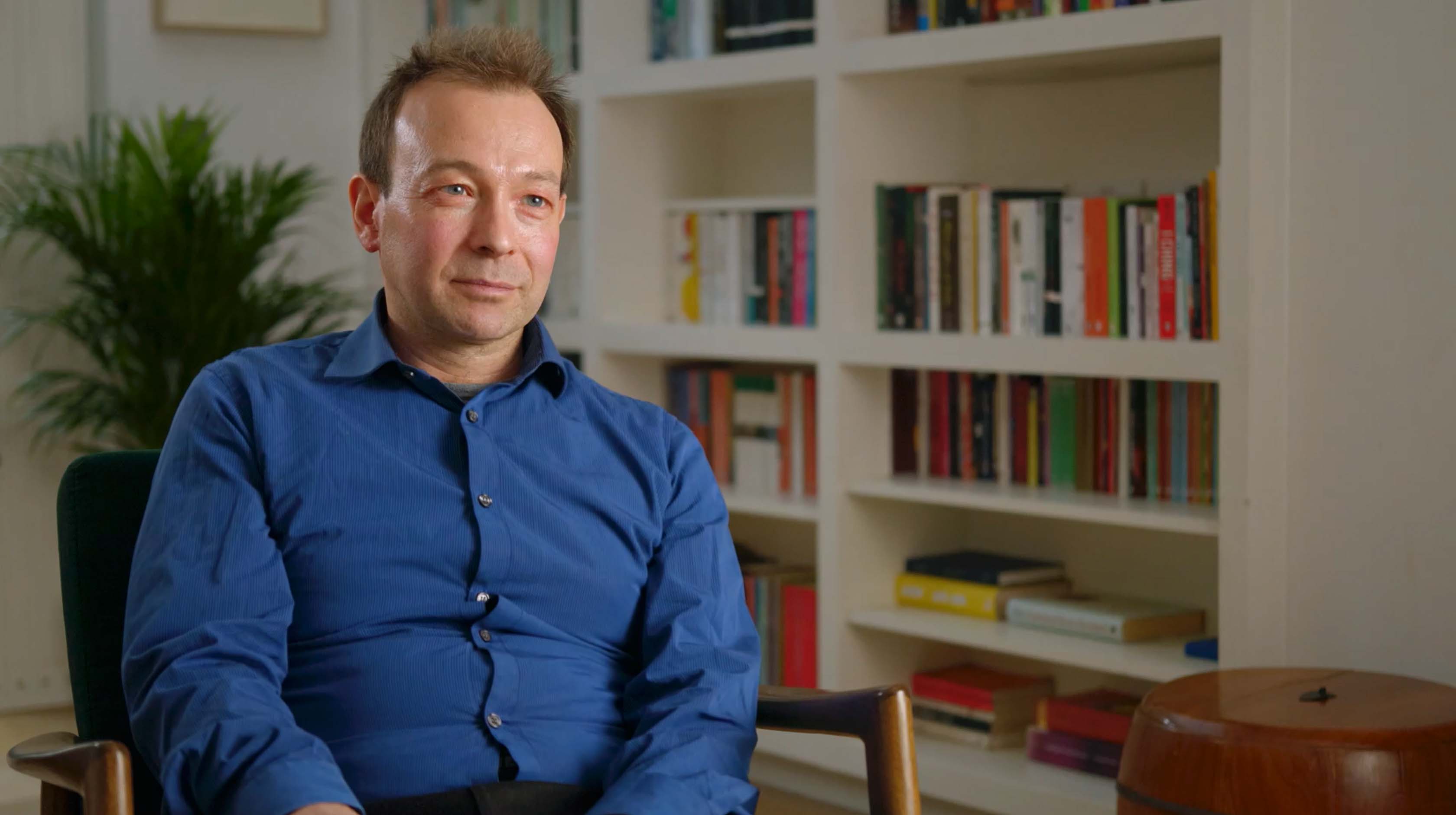
Dealing with Failure
Mindfulness Teacher and Author of Into The Heart of Mindfulness
inpractise.com/articles/minfulness-failure
Why is this interview interesting?
- The importance of setting failure in its broader context: failure now can be the ground for success later
- Cultivating a mindset where we take interest in failure as a chance to learn
Ed Halliwell
Mindfulness Teacher and Author of Into The Heart of Mindfulness
Interview Transcript
This is the last topic for the day, a skillful relationship with failure would look like what, to you?
I’m probably not going to say anything new but to repeat that, if we can meet any situation with interest, if we can meet any situation with curiosity and gentleness, then I would invite you to explore that that can lead to skillful responses, whatever the situation is, in the first place. What has happened, has happened. The past is the past. That can’t be changed. But, maybe, remembering that things are impermanent and uncertain and, whilst it leads to discomfort, it also leads to the possibility of interesting things happening. There’s no inevitability that a failure now is not actually the ground of success later.
So if we can meet failure with courage and, actually, something to learn from – and I’m calling it failure, but you could say it’s another opportunity. I remember a psychotherapist that I used to work with, who used to like using the phrase an AFGO, to describe moments of so-called disaster or failure or things falling apart, he called them an AFGO. I’ll tell you what three of the words of the acronym stand for and you can decide what the other one is. The A stands for another; the F, I won’t say, for the purposes of decency; G is for growth and O is for opportunity. So an AFGO is another growth opportunity. The way he would say it is, another growth opportunity, which is why the F is quite important, because it gives that sense of, aargh, I’ve failed again.
But as soon as we can go, rather than, aargh, I’ve failed again, and start to say, I’ve failed again, how interesting. That didn’t work the way I was hoping. I wonder what didn’t work. Can I get interested in what didn’t work? Can I learn from what didn’t work? Maybe I can see this as the ground of what might be possible now. I’m no entrepreneur but what I have heard from entrepreneurs, and what you might call very successful business people, is that they seem to talk a lot about how much they’ve failed. Actually, it’s the attitude that they bring to the things that haven’t worked, that have led to really creative insights. New ways of meeting situations, that become creative and, therefore, become successful.
So if there’s no failure, then there’s no learning. That doesn’t mean that we need to try and seek failure out but if we can learn from what’s happened already, then we’re in the best situation to be able to deal with what’s happening now, and what we bring to what’s happening now, gives us the best chance of it leading to a fruitful future, when that arrives.
Thank you very much, Ed.
Copyright Notice
This document may not be reproduced, distributed, or transmitted in any form or by any means including resale of any part, unauthorised distribution to a third party or other electronic methods, without the prior written permission of IP 1 Ltd.
IP 1 Ltd, trading as In Practise (herein referred to as "IP") is a company registered in England and Wales and is not a registered investment advisor or broker-dealer, and is not licensed nor qualified to provide investment advice.
In Practise reserves all copyright, intellectual and other property rights in the Content. The information published in this transcript (“Content”) is for information purposes only and should not be used as the sole basis for making any investment decision. Information provided by IP is to be used as an educational tool and nothing in this Content shall be construed as an offer, recommendation or solicitation regarding any financial product, service or management of investments or securities.
© 2026 IP 1 Ltd. All rights reserved.


